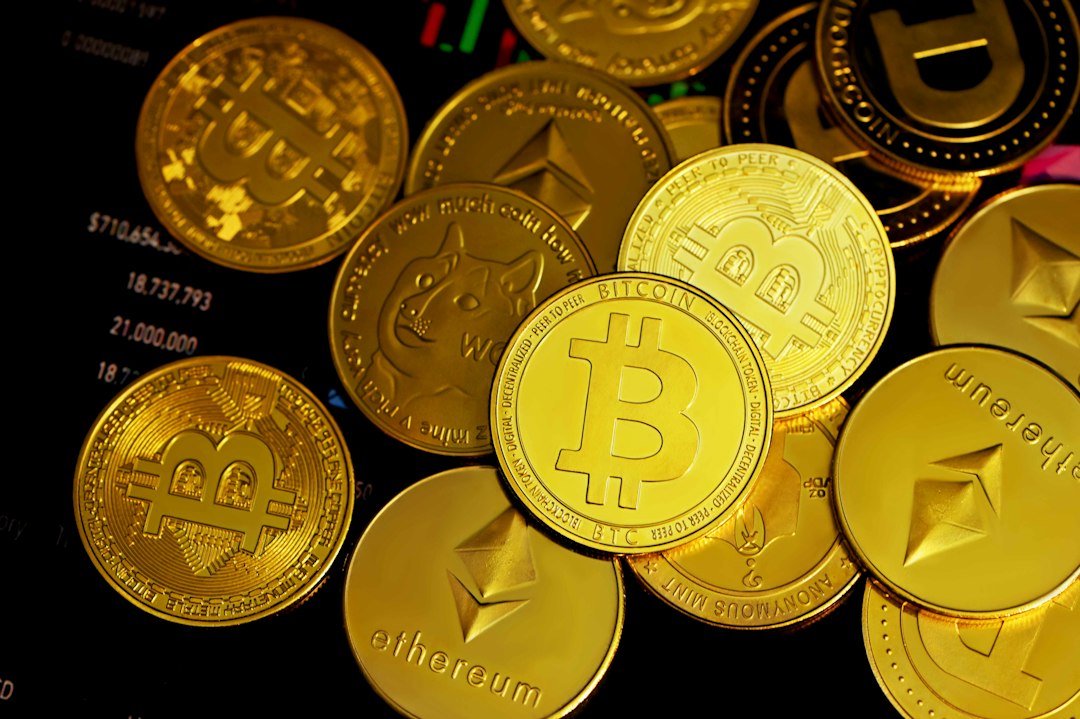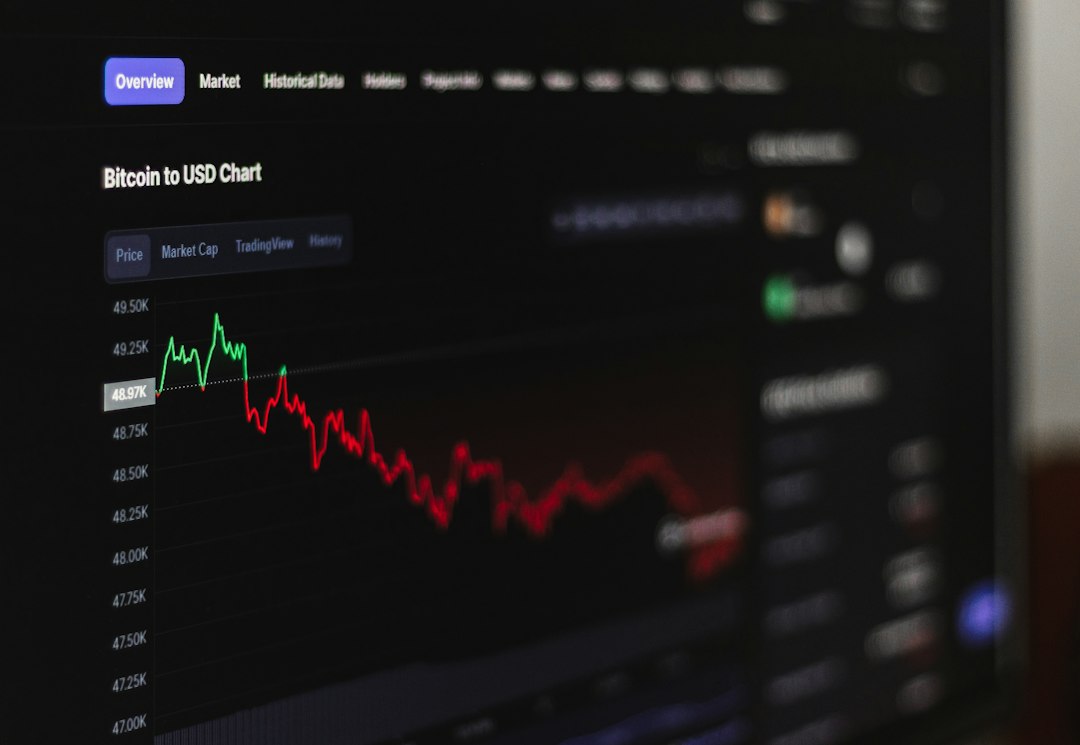Hacker Steals $2 Million from Safe Wallet Users
In the past week, a malicious actor has stolen over $2 million from Safe Wallet users through address poisoning theft, bringing the total number of victims to 21.
Blockchain Security Firms Track Suspected Activity
Several blockchain security firms have detected suspicious activity resulting in losses totaling $2 million from Safe Wallet.
Scam Sniffer Reports on the Attacks
On December 3, Scam Sniffer reported that about 20 wallets lost $2.05 million to address poisoning attacks in the past week. The same attacker has drained $5 million from 21 users in the last four months.
Dune Analytics Confirms the Development
Dune Analytics also confirmed the development, posting the affected wallets and time range of stolen assets. Address poisoning was identified as the source of the attacks.
Address Poisoning Tactics
Address poisoning is a tactic used by hackers to deceive users into sending assets to the wrong wallets. The scammer creates an address that is almost identical to the legitimate one and regularly sends funds to it, making it appear in the transaction history. This tricks victims into copying the scammer’s wallet address and sending new funds to it.
The Florence Finance Saga
Last week, another case of address poisoning was reported involving a bad actor stealing $1.5 million worth of assets. Florence Finance transferred funds from Safe Wallet to the contaminated address, using create2 to prevent a freeze after taking hold of the assets. Similar incidents have been reported in the past, resulting in significant asset losses.
Extra Caution for Users
In light of these incidents, it is important for users to take extra caution. Proper monitoring, added checks by platforms and users, and cross-validation can help prevent or reduce the impact of such attacks.
Hot Take: Protecting Your Crypto Assets
Cryptocurrency scams continue to pose a significant threat to investors. To protect your crypto assets, it is crucial to stay vigilant and implement security measures. Be wary of address poisoning attacks and double-check wallet addresses before making any transfers. Regularly monitor your transaction history for any suspicious activity. Additionally, rely on multiple sources of verification, such as cross-validation, to ensure the legitimacy of transactions. By taking these precautions, you can safeguard your funds and maintain peace of mind in the volatile world of cryptocurrencies.





 By
By
 By
By
 By
By
 By
By

 By
By